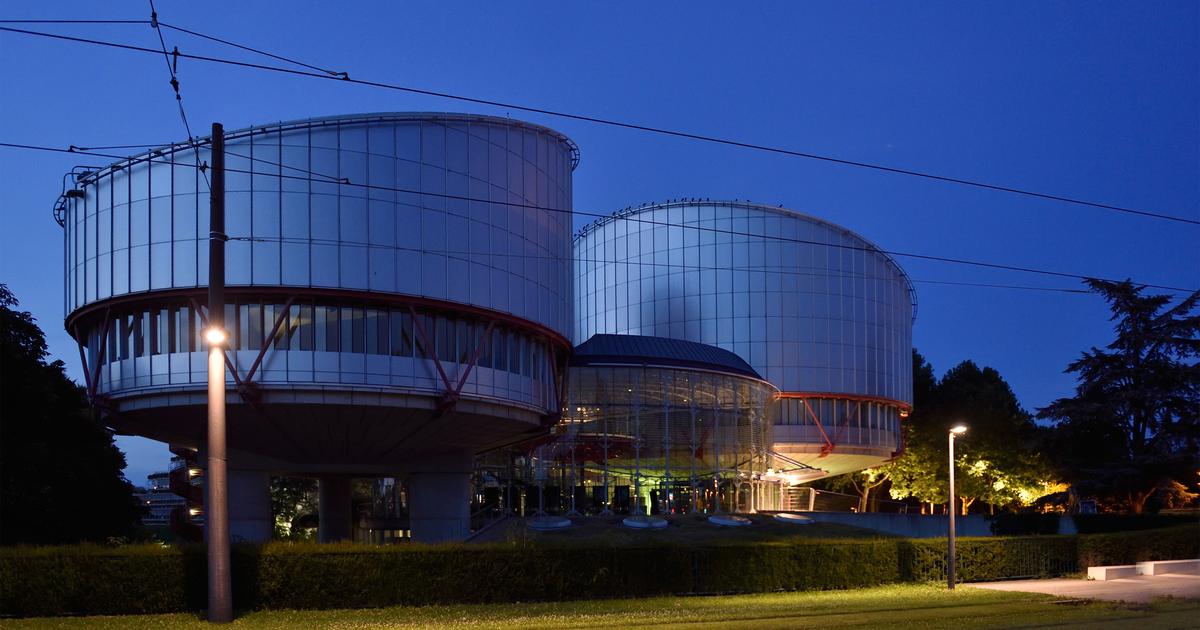Ferghane Azihari is a member of the Society for Political Economy (SEP) and publishes, on October 7,
Ecologists against modernity.
The trial of Prometheus
(ed. Presses de la Cité).
In his latest book, Bill Gates points out that nuclear is the only “
carbon-free
” energy
that can reliably distribute energy day and night, no matter the season, almost anywhere on Earth, and that has demonstrated its effectiveness over the years. scale
”. Its rapid expansion is inevitable if we want to decarbonize global electricity, synthesize the fuels of tomorrow, fuel future CO₂ capture technologies, while ensuring humanity the highest possible standard of living.
According to their supporters, renewable energies do not provide these advantages.
In 1962, the American environmentalist philosopher Murray Bookchin wrote with enthusiasm that wind and solar would lead us to more “
decentralized
”
societies
: these energies are made for tribes of small peasants, small artisans and small traders.
They cannot fuel a developed civilization.
Therefore, we understand the crusade of the five candidates for the primary environmentalist against nuclear power as well as their affection for renewables.
Many of the environmental scourges we attribute to the Promethean era precede it and have been softened by it.
Ferghane azihari
We cannot explain this attitude without recalling that the specificity of political ecology lies more in the rejection of industrial civilization than in the quest for a healthy environment, which is fortunately universal. The men hardly waited for the arrival of Yannick Jadot, Sandrine Rousseau, Delphine Batho or Éric Piolle to show themselves sensitive to the environment. In Antiquity, Seneca and Horace denounced the toxic fumes which soiled Rome, while the poet Ronsard was indignant in the 16th century at the destruction of the Gastine forest. Historian Jean-Pierre Legay recalls that medieval municipalities were already active in repressing those who imposed unbearable nuisances on their neighborhood.
Many of the environmental scourges we attribute to the Promethean era precede it and have been softened by it.
But these facts are obscured by the Rousseauist inclinations of the ecological ideology that the writer Marcel Schneider extolled in 1967. Rousseau in fact acquired fame by vituperating against technical progress.
This progress would corrupt men by removing them from a state of Edenic nature.
Read also Highways: "Beyond nationalization, let's talk about decarbonization"
Applied to the environment, this doctrine accuses the development of industrial society of aggravating the pollution that overwhelms us. This Declinist narrative cultivates the myth of the lost paradise. He suggests that communities freed from materialism enjoy an immaculate environment, as the case of the decreasing economist Serge Latouche attests when he states that the quality of air and water are among the "
losses caused by productivism that it is quite legitimate to deplore
”.
Yet the fact is that pollution kills more in weakly industrialized countries than in developed nations;
that a Frenchman emits less CO2 than a South African;
that the plastic waste found in the oceans comes, unfortunately, above all from poor countries, which do not have the infrastructure to treat them;
that deforestation affects countries with low agricultural yields more than those which always produce more with less land.
One can fear that humanity will not succeed in combining opulence and ecological imperative.
However, honesty would require that we stop presenting ourselves under the banner of environmentalism and prefer that of puritanism.
Ferghane azihari
It is by enriching themselves that people can acquire better technologies to clean up their environment.
It also happens that the supporters of radical ecology admit the faculty of industrial society to blend into the environmental imperative.
However, they refuse to acquit him for moral reasons.
For the waning philosopher André Gorz, a “
green
”
capitalism
would still sin by destroying “
everyday culture
”.
In 1974, he called on his supporters to make a revolution and to fight the scenario of a capitalism that would adapt to ecological constraints.
The Norwegian philosopher Arne Naess, father of "
deep ecology
", also concedes the ability of technical progress to fight against unpleasant pollution.
But he fears that the advances of civilization move us away from the ideal of a classless society that permeates primitive communities.
To read also Summit on the oceans: "Why the sea will be at the origin of a new economic revolution"
In the 1970s, the biologist Paul Ehrlich, while warning of the dangers of a shortage of resources, disqualified nuclear energy insofar as giving humanity abundant energy would be, according to him, "
morally equivalent to giving a submachine gun to an idiotic child
”.
He feared the power that such energy would bestow upon us.
The Greens visibly fear that humanity combines opulence and ecological imperative. They should therefore stop presenting themselves under the banner of environmentalism and prefer that of puritanism. A contradictory puritanism, since it pretends to be afraid of the damage that uncontrolled climate change would cause in order to assign men to the evils of poverty.











/cloudfront-eu-central-1.images.arcpublishing.com/prisa/KMEYMJKESBAZBE4MRBAM4TGHIQ.jpg)



